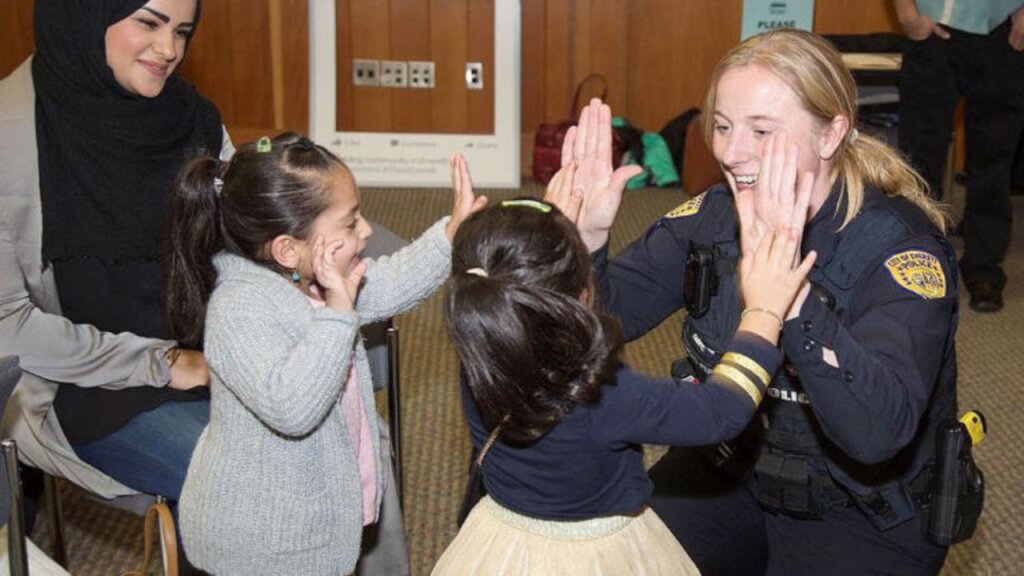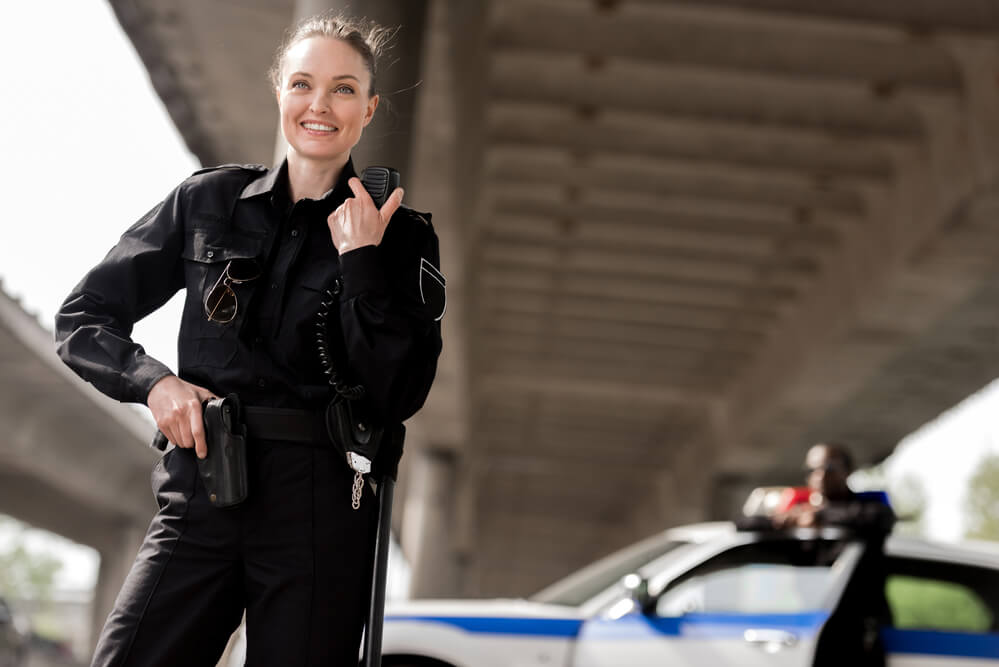How Ukrainian became a police officer in the United States
'23.09.2018'
Source: Gazeta.ua
Ukrainian Julia Wold 7 has worked for years at the Everett Police Department, USA. He is negotiating to free the hostages and teaches people how to protect their homes or businesses from thieves and defend themselves against armed attack.

“I was born in Odessa, Ukraine. I first came here in 1998 with a group of orphans brought to the United States by benefactors. Then I studied at the Odessa National University. I was 17 years old. After graduating from university with a degree in mathematics, I moved here forever. It was 2003 ", - quoted Gazeta.ua.
“When I turned 30, I wanted to do something meaningful in my life, and I decided to take part in the patrol (an initiative when civilians drive in a patrol car with another policeman and he tells how the police work). I liked it very much right away, ”said Yulia Vold in an interview with zdg.md.
To become an officer, a Ukrainian passed a written test that included mathematics. Handed over physical training: running 300 meters, 1,5 miles and at least 70 pushups per minute.
“Then there was a rather strict and lengthy check, because I spent most of my life outside the country. They also contacted my grandparents in Ukraine. Passed a polygraph test. Then there was an interview with the chief of police. After an eye test and examination, I was hired. In 2011, I entered the Police Academy. The training lasted 5 months, and then we spent 4 months of field training, that is, here on the spot. "
The Ukrainian is part of the team of negotiators for the release of hostages, which, in turn, is part of the special forces - SWAT.

“They are part of the tactical group, that is, they are people who break down doors, like they show on TV. There are also coordinators who supply equipment and 6 negotiators. I am one of these 6 people. Our task is to peacefully rescue a person from a barricaded house. For example, it can be a person with suicidal tendencies or a hostage. "
“We have several bilingual, or even multilingual officers. We also have a linguistic telephone line available to communicate with translators over the phone. ”
“During negotiations, we have different roles: the main negotiator is the only person who directly negotiates. There is a coach, he is listening to the telephone conversation and taking notes. There is also a person who liaises between the negotiation team, the task force and the command center. A separate team collects information about the person we are dealing with: about his family members, problems, whether he has mental illness and the like. "

Julia talks about her children:
“I have two boys: 14 and 11 years old. They are good and very disciplined children. They do well in school. One of them is a fantastic swimmer, while the other goes in for athletics and plays football. That is, they are very active. I make sure they are busy and have their own responsibilities. ”
On the question of whether she would pass this way again, if she had the opportunity to start all over again, the Ukrainian woman answers:
"Without a doubt. I like my job. I've had two knee surgeries and two other tendon-related medical interventions since I started working here, it wasn't fun at all, but I would make that decision again in a second, every day. I really like my service. "







